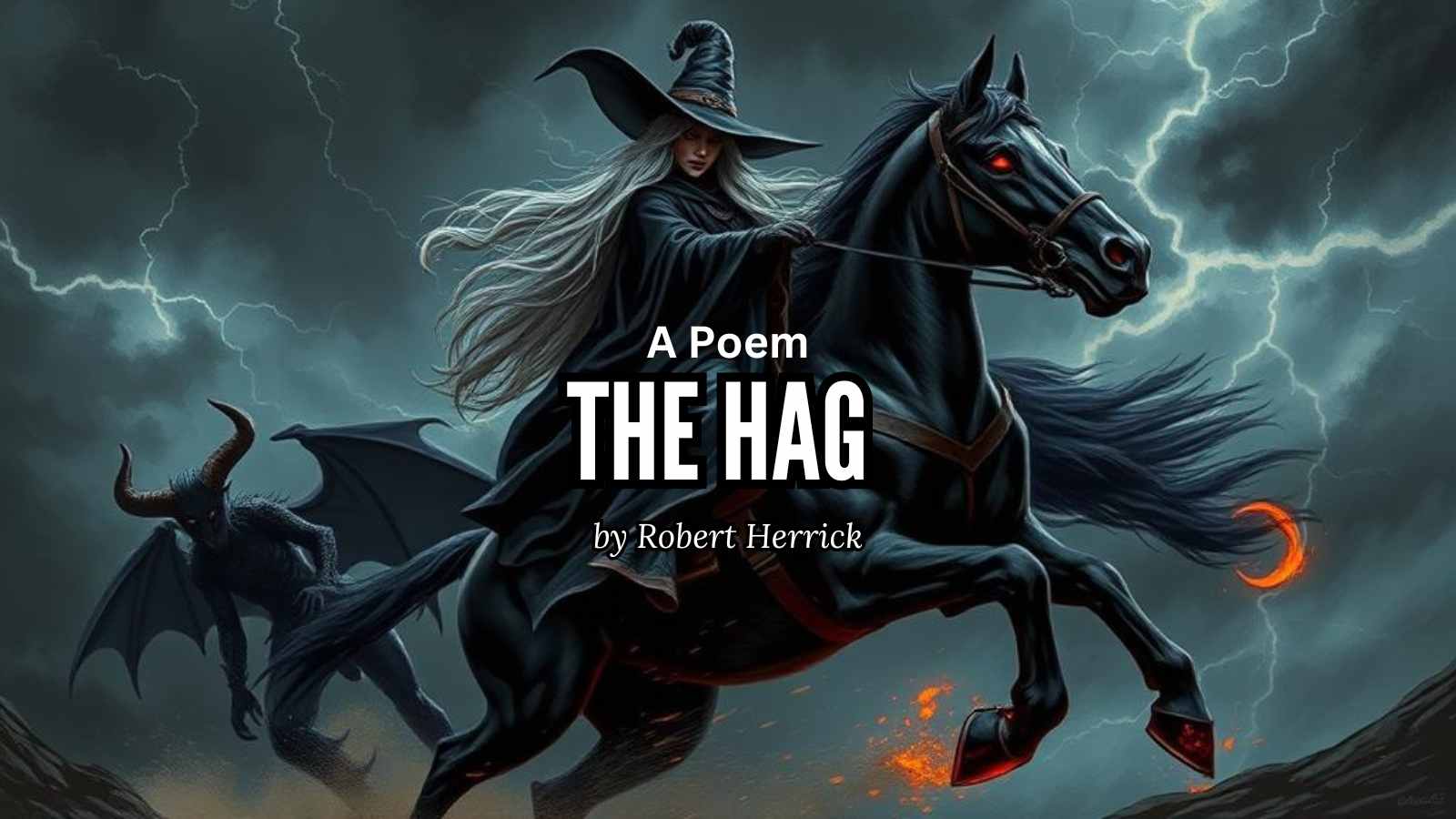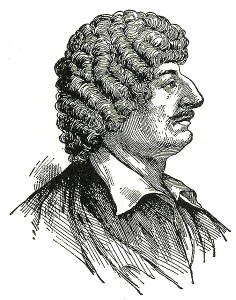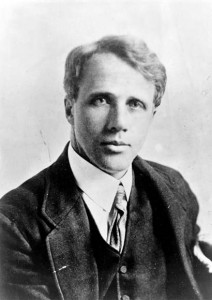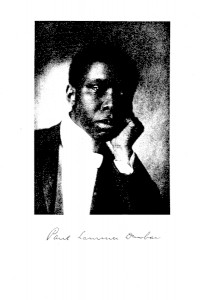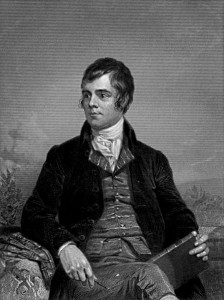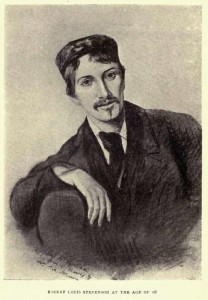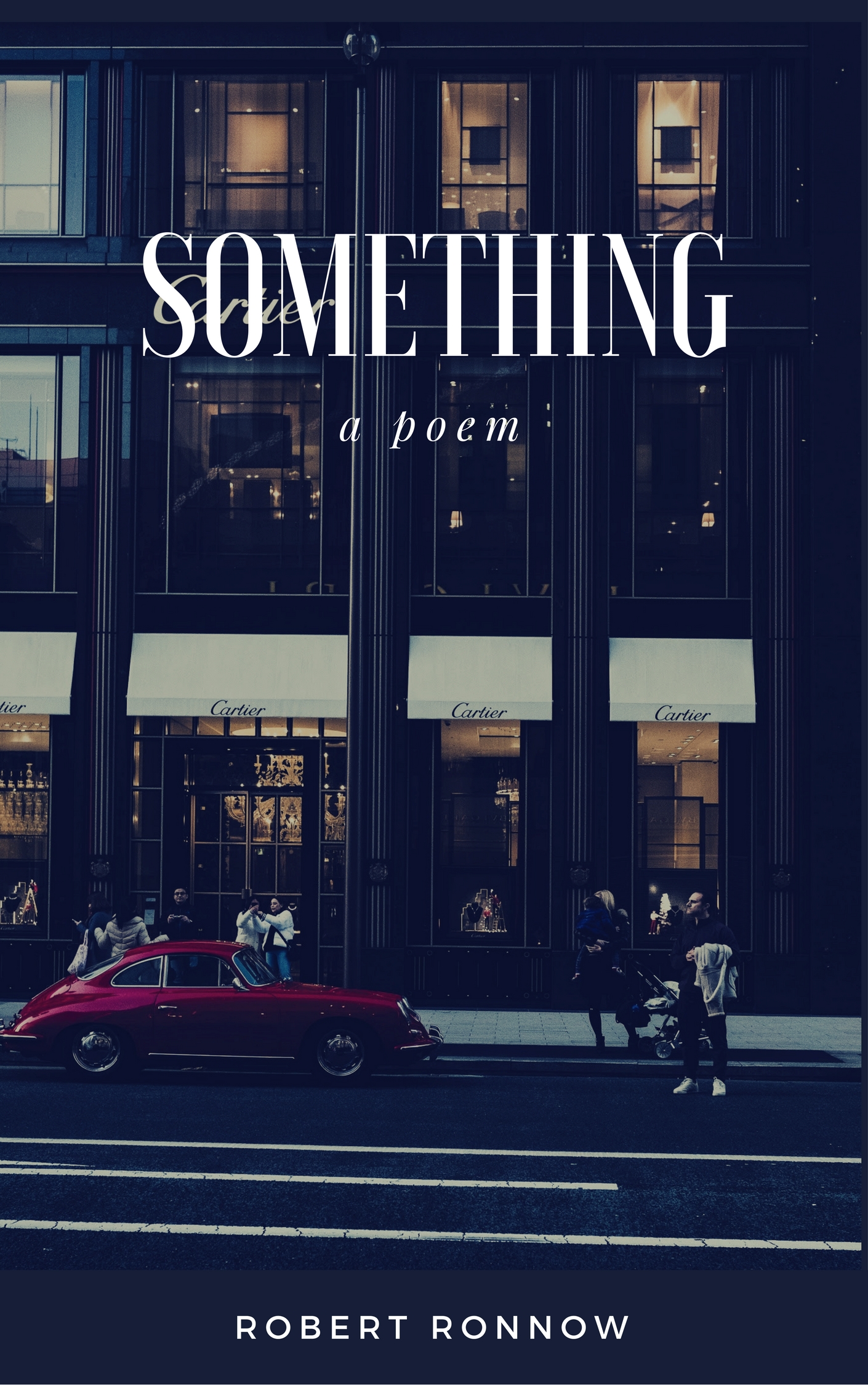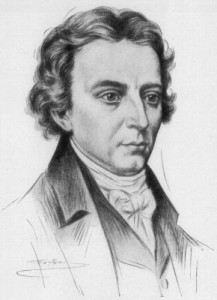The Hag
by Robert Herrick
The hag is astride
This night for to ride,
The devil and she together;
Through thick and through thin,
Now out and then in,
Though ne’er so foul be the weather.
A thorn or a burr
She takes for a spur,
With a lash of a bramble she rides now;
Through brakes and through briars,
O’er ditches and mires,
She follows the spirit that guides now.
No beast for his food
Dare now range the wood,
But hush’d in his lair he lies lurking;
While mischiefs, by these,
On land and on seas,
At noon of night are a-working.
The storm will arise
And trouble the skies;
This night, and more for the wonder,
The ghost from the tomb
Affrighted shall come,
Call’d out by the clap of the thunder.
###
Robert Herrick, born in London in 1591, was an English lyric poet and cleric who became one of the most notable Cavalier poets of the 17th century. His father, a goldsmith, died in an accident when Robert was young, leaving him to be raised by his uncle. Herrick received his education at Westminster School and later at St. John’s College, Cambridge, before briefly apprenticing as a goldsmith like his father.
In his early adulthood, Herrick became part of the “Sons of Ben,” a group of poets who admired and emulated Ben Jonson. This period in London significantly influenced his poetic style. In 1623, Herrick took holy orders and was appointed as vicar of Dean Prior in Devonshire in 1629, a position that would shape much of his life and work.
Herrick’s major literary achievement came in 1648 with the publication of “Hesperides,” a collection of about 1,200 poems, alongside “His Noble Numbers,” a set of religious verses. His poetry often celebrated the English countryside, explored themes of love and mortality, and embraced the carpe diem philosophy. However, his career was not without turbulence. During the English Civil War, Herrick was ejected from his vicarage in 1647 due to his Royalist sympathies, only to be reinstated after the Restoration in 1660. He continued to serve as a vicar until his death in 1674 at the age of 83, leaving behind a legacy as one of England’s most cherished lyric poets.
